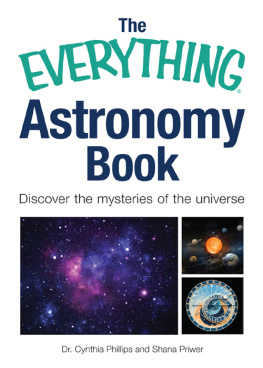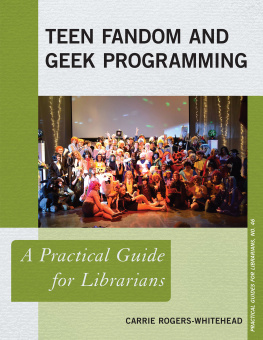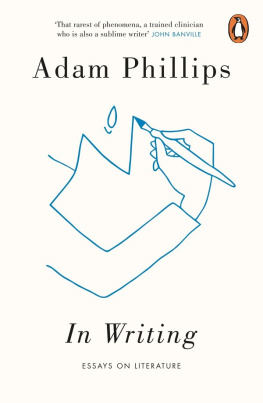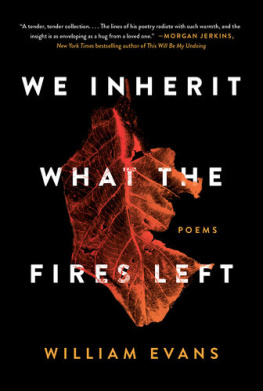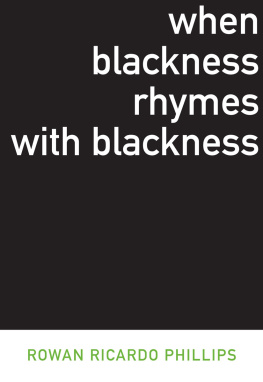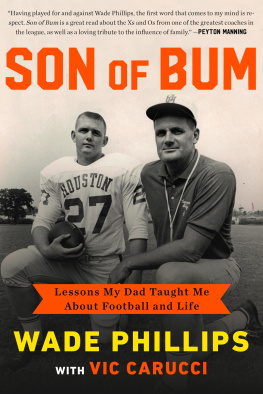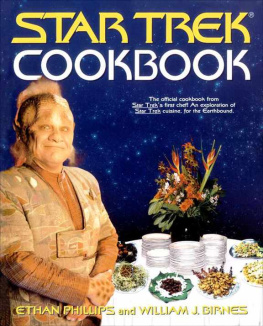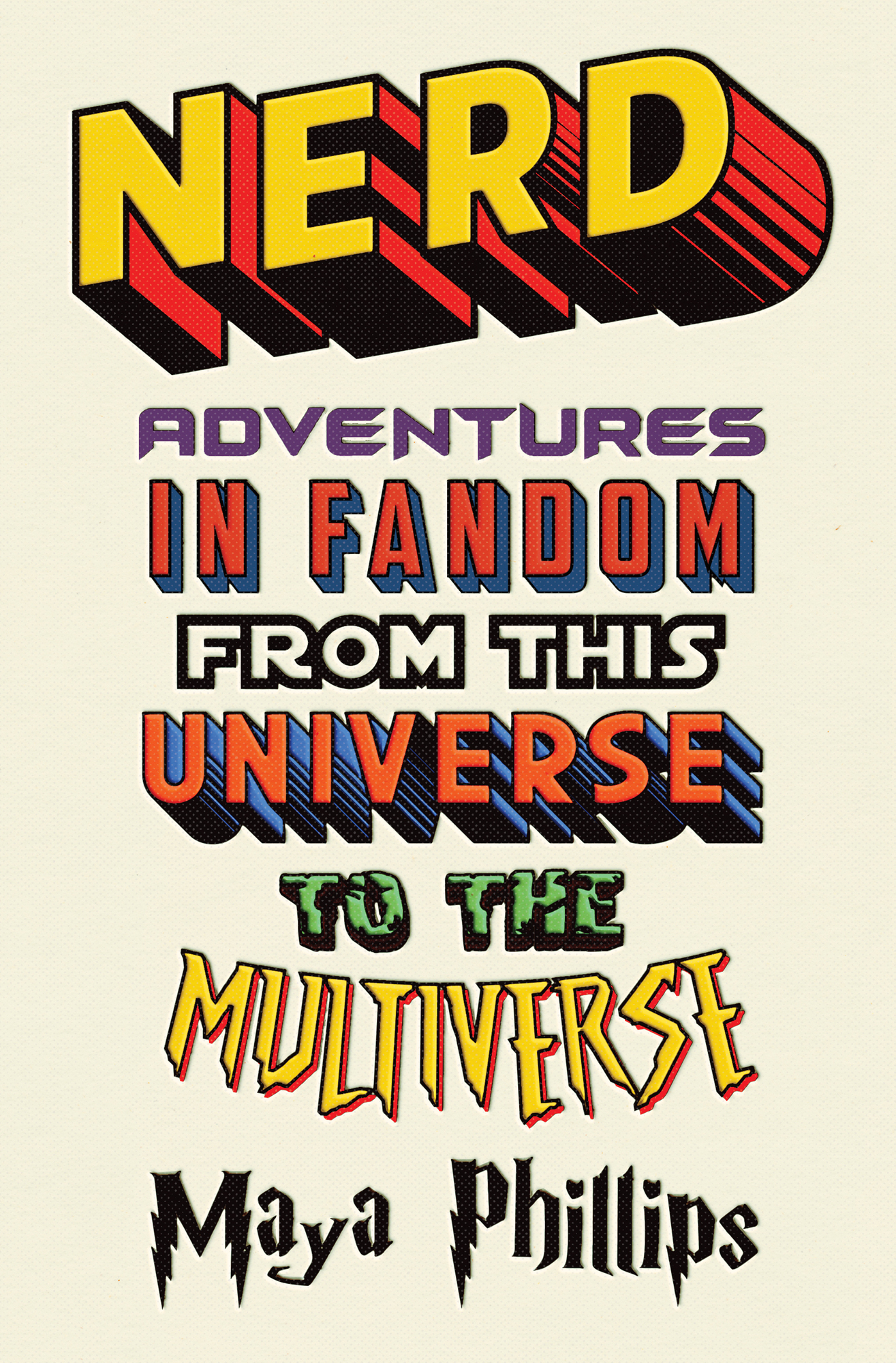Contents
Guide
Nerd
Adventures in Fandom from This Universe to the Multiverse
Maya Phillips
For all my favorite stories
And for all the fans who love them
Were all stories in the end. Just make it a good one, eh?
The Doctor
Introduction A long time ago in a galaxy far, far away
Lets begin there. Its as good a place as anyIve never been a big fan of beginnings. Give me a good ending any day: the grand wake and procession for Morpheus, the king of dreams; Gandalf, Frodo, and Bilbo cruising off to the afterlife.
But if we must begin, lets begin here, at a distance, some time in the past, and not so far, far away as another galaxy but maybe the next borough or state, or the opposite coast, or even, reader, maybe across some other large expanse of land or body of water. If youre not nearby, sorry to make you travel, but were going to start in New York.
Its 1996, more or less, so lets say 1996, and lets say its summer, because who can resist the soft warmth of a mid-June or early July day?
Early summer, 1996, late morning in my parents bedroom. Its bright outside with some cover, though we can see only little whispers of light through the half-opened blinds. The bedspread is untidy, which my mother hates, but this bit of lived-in mess is a small comfort on a weekend. These kinds of mornings I pluck from memory, theyre always on a Saturday, when theres no school and, sure, there are weekend chores to be done to a soundtrack of kid-pop hits on Radio Disney, but before then is a lineup of superhero cartoons and maybe even a movie.
If you look to my right, upon a cocoa-brown shag carpet (as I said, were in the 90s), my parents have a stack of movies lined up by the TV set, the Leaning Tower of Pisa, if Long Island at all resembled Italy and if the tower were made up of miscellaneous VHS tapes.
But somewhere in that stack of workout-tape-and-birthday-video Jenga is a boxed set of three videos. When I say I learned early the beauty of a three-movie boxed setbefore Peter Jackson could even dream of the farthest reaches of MordorI mean to say that I believed in the holy power of a trinity. I believed in the ceremony of sliding each video out of the box, then out of its individual cardboard sleeve, an image of Darth Vaders helmet blazing on the front of the collection.
Im watching The Empire Strikes Back, the early scenes on the arctic planet Hoth, on this summer day, and Im unbothered, unworried, as I watch Luke in the cave of an Abominable (space) Snowman. Though Im only six, Im not scared, because this all feels familiar in this echo chamber of memoryIve already witnessed this scene countless times before.
If this wasnt my earliest brush with fandom, it was certainly one of the first. Luke Skywalker, with his floppy hair and doofy, lackadaisical strut, was my first crush. I also envied him. I wanted to be someone meant for adventures beyond the home where she was raised, someone meant for the stars and tests of courage and integrity. I wanted to have the universe crack open and reveal to me all its impossibilities, which would look something like magic. Luke Skywalker wasnt the roguish Han Solo, stylishly cynical and nonplussed, or the headstrong Leia, spirited and worldly, already a leader in the resistance, but a farm boy about to have his world broadened to a story so much larger than his own.
I wont say that all fandoms are connected, that flipping open one comic book will then initiate you into everything from Akira to Batman Beyond. And perhaps it wasnt quite that way for me. But I do see my fandoms as linked, like stars in a constellation, Tatooine to the Moon Kingdom in the Silver Millennium to Gallifrey to the secret planet Miranda, creating a map of a culture that helped define the way I perceive and interact with the world.
Years after I watched my first Star Wars film, Im grateful for the mainstream, even as it has bloated to ingest nerd culture in the past few years. No longer is Star Wars just the campy personal treasure that we had in our boxed set. Superheroes rule the box office. Anime is omnipresent. Ive caught Captain America shields and Konohagakure headbands and green Survey Corps hoodies on my subway commute; Goku has casually flown through the streets of Midtown during the Macys Thanksgiving Day Parade. For all the ways the visibility of nerd culture has removed the air of cultlike exclusivity around fandoms, it has also made what I do as a culture critic so much easier.
Before the superhero boom in the last decade or so, I would never have been able to imagine that comic booksand graphic novels and anime and sci-fi and fantasy and everything else in the ever-expanding realm of nerdy pop culturecould be something I could write about for major prestige publications.
Still, Ive gotten the occasional quizzical glance from editors confused by my beattheater and books, okay, but anime, sci-fi, and comics? Youre all over the place, an editor once remarked, with some amusement, my rsum in hand. And in my worst moments, Id agree, conceding that Im erratic in my interests, that the highbrow has no place next to the lowbrow of popular culture.
But here, in this book, I hope you wont find me at my worst. Instead, I hope youll find me at the same spot where I was back in 1996glued to the TV screen as a farm boy uses his newly awakened powers to summon a laser sword into his hand.
To think that the elaborate sets and costumes and puppets and exchanges between princesses and rogues isnt a kind of theater is narrow-minded. To think that dual suns rising in a sky isnt a kind of poetry is absurd. To think that highbrow auteurism, whether its serious cinema, prestige television, opera, ballet, theater, poetry, or fiction, is threatened by or so far elevated from the vision of a USS Enterprise or the battles of a millennial loafer named Scott Pilgrim is to reject the idea that anything furiously loved by a group of people can be called a fandom, and that anyone who submits to that love and owns it with a passion can be called a nerd. Im not saying my fandoms are unimpeachablewe also survived George Lucass cheesiest dialogue and lived to critique them ad infinitum on the internetbut that they are worthy of my love and critical attention not despite but because of their flaws.
Critics are faced with an unfair task: to take an art form they love and break it apart, meticulously examining its pieces. And theres the vision of the critic as a judge of the highest ordera fearsome creature perched on a pedestalbut that person, of course, is a contrivance.
Its the job of the critic to be subjective and to love, at least respect, the art form she is examining. She sits in the center of a Venn diagram of fan and critic, with her personal and professional investment being the point of juncture. Before I was a critic, I was a fan. My childhoodand now, my adulthoodhas been shaped by my relationship to nerd culture.
I expect you, reading this, have your own story about your fandoms. Your own thoughts. Perhaps your fandoms intersect with mine. Perhaps they dont. Perhaps you dont define yourself as a nerd at all, hate pop culture, and firmly declare yourself a velvet-waistcoated connoisseur of Culture, italicized with a capital C, and youve picked up this book only on a whim.
If so, nevertheless, welcome. Sit down for a while. Hang up your coat in the blue police call box youll find down the hall; a bright corgi named Ein can show you the way. I have something to share with youthe most I can offer, as a critic, to something I love: my time and attention, my reflections and observations, and, finally, myself, my personal accounts and memories.



